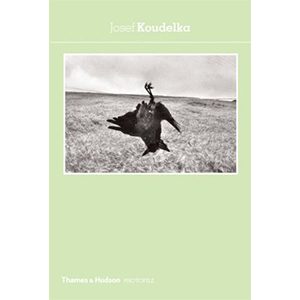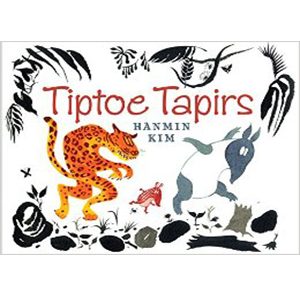Performing the Nation: Cultural Politics in New Order Indonesia
The apparent cohesion and stability of Indonesia during much of the New Order period (1965–1998) stand in sharp contrast to today’s disorder. Whilst Suharto’s authoritarian rule was significant, the regime’s cultural policies also played their part. Ethnic, religious and regional sentiments were channelled into the field of art rather than being expressed in terms of class, religion or separatism. At the same time, culture was used to help develop a national Indonesian identity. This study focuses on the efforts of a group of young art students based at the Bandung Academy of Performing Arts to revitalise traditional Longser theatre. The interaction between the artists and the regime, and their differing ideas about identity, the role of art and cultural traditions in Indonesia, offers valuable insights into the underlying dynamics of the country’s current condition.
RM234.00
1 in stock
Description
The apparent cohesion and stability of Indonesia during much of the New Order period (1965–1998) stand in sharp contrast to today’s disorder. Whilst Suharto’s authoritarian rule was significant, the regime’s cultural policies also played their part. Ethnic, religious and regional sentiments were channelled into the field of art rather than being expressed in terms of class, religion or separatism. At the same time, culture was used to help develop a national Indonesian identity. This study focuses on the efforts of a group of young art students based at the Bandung Academy of Performing Arts to revitalise traditional Longser theatre. The interaction between the artists and the regime, and their differing ideas about identity, the role of art and cultural traditions in Indonesia, offers valuable insights into the underlying dynamics of the country’s current condition.
Published by: NIAS Press
Hardback
2004
ISBN: 9788791114090

 Footsteps
Footsteps
 House of Glass
House of Glass
 This Earth of Mankind
This Earth of Mankind





